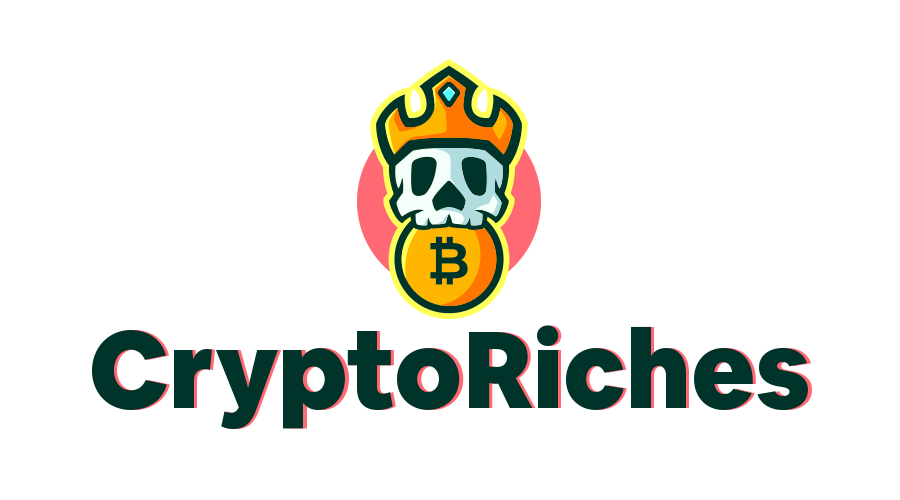Web3 gaming represents a fundamental shift in how players interact with virtual worlds, establishing new paradigms of ownership, value creation, and community participation. Unlike traditional games where assets remain under developer control, blockchain-based games truly enable players to own their in-game items, characters, and land. This evolution has created entirely new economic models within cryptogames that blur the lines between entertainment, investment, and digital identity, pointing toward a future where gaming becomes more than just recreation.
NFT ownership flips traditional gaming economics
True digital ownership is the cornerstone of Web3 gaming’s appeal and transformative potential. When players acquire assets in blockchain games, they receive verifiable property rights enforced by distributed ledger technology rather than centralised terms of service. This ownership paradigm creates entirely new relationships between players and their digital possessions. Items become investments that can appreciate over time rather than sunk costs with no residual value. Characters develop histories that follow them across compatible gaming ecosystems. Virtual land represents scarce digital real estate that players can create, monetise, or sell according to their preferences. The long-term implications of this ownership model extend beyond individual games to reshape player expectations across the entire gaming industry. As more players experience actual digital ownership, demand will likely increase for similar rights in traditional gaming environments, potentially influencing how mainstream developers approach virtual goods and economies.
DAOs replace developer-dictated decisions
Web3 gaming introduces decentralised autonomous organisations where players directly influence development priorities, economic policies, and game mechanics through democratic processes. This shift from developer-dictated decisions to community governance represents one of the most radical departures from traditional gaming structures. The governance mechanisms in Web3 games typically operate through:
- Token-weighted voting on development proposals
- Community treasuries funded by game revenues
- Modifiable parameters for economic balance
- Player-created content curation systems
- Delegated representation for complex decisions
These governance systems align developer and player incentives more effectively than traditional models by giving stakeholders direct authority over crucial decisions. When implemented successfully, they create more responsive game ecosystems that evolve based on actual player preferences rather than perceived market demands or executive decisions.
Gameplay-first replaces token-grinding
Early Web3 games emphasised token earnings as their primary appeal, often at the expense of engaging gameplay. The future of Web3 gaming lies in more sophisticated economic models that balance entertainment value with earning potential, creating sustainable ecosystems that attract players and investors.
- Game-first designs where economic elements enhance rather than drive experiences
- Skill-based earnings that reward genuine mastery rather than time investment
- Passive income opportunities through asset lending and delegation
- Creator economies where players monetise content creation and curation
- Investment opportunities in virtual real estate and infrastructure
This maturation process will likely produce Web3 games that appeal primarily as entertainment experiences while offering economic opportunities as secondary benefits. Such balanced approaches promise greater longevity than models focused exclusively on financial returns, which tend to collapse when new player acquisition slows.
Social integration will also be crucial in expanding adoption beyond existing blockchain communities. The most successful projects will make onboarding new users as frictionless as possible while clearly explaining the unique benefits of blockchain integration.

